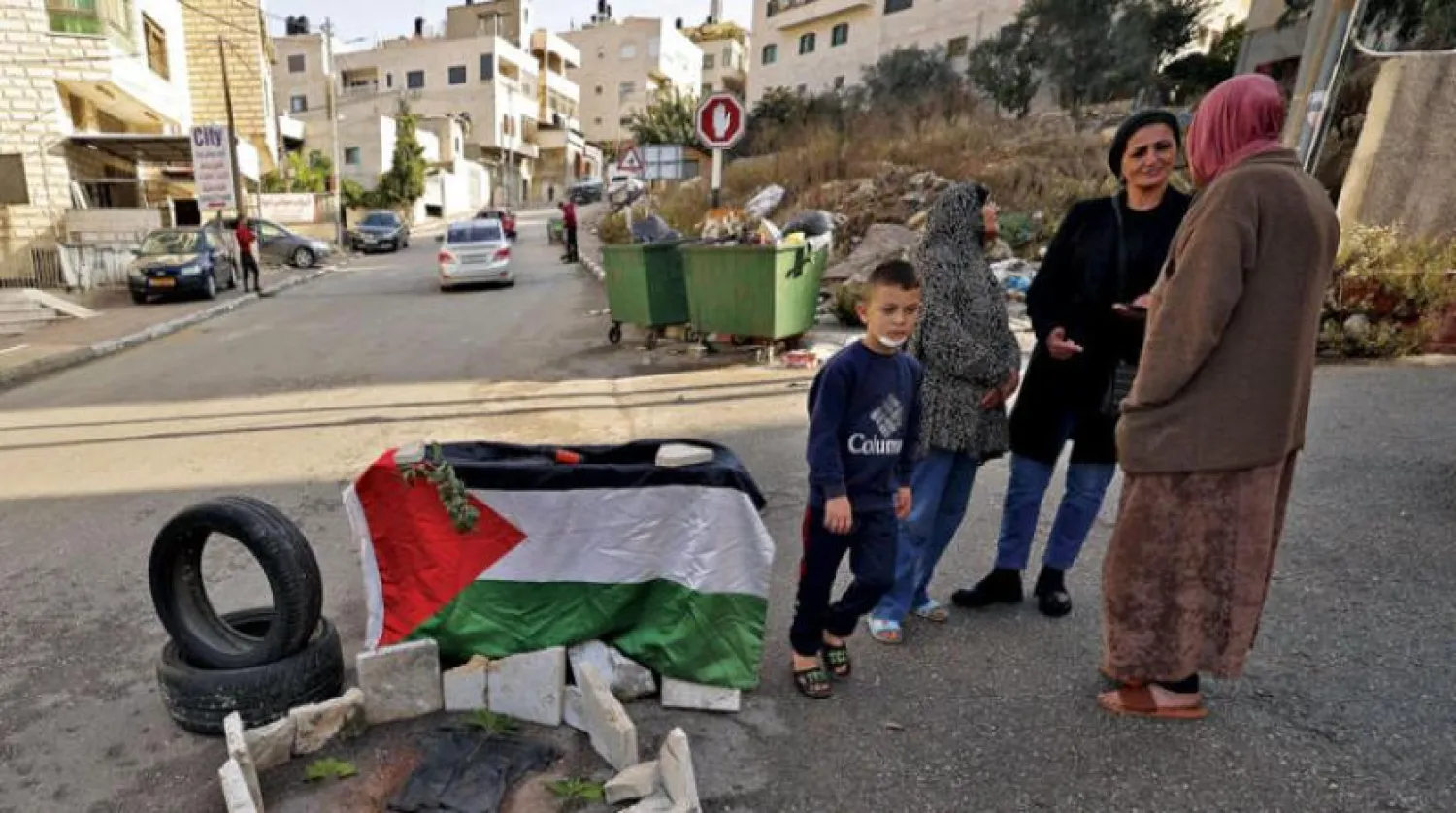Israeli forces on Monday killed a Palestinian teenage girl in the occupied West Bank.
The Israeli military said its troops opened fire on a vehicle that was accelerating towards the soldiers.
The incident in Beitunia, near the hub city of Ramallah, was the latest during an intensified military sweep of West Bank launched by Israel in March after a spate of Palestinian street attacks in its cities.
In March, the Israeli forces launched a military operation in the West Bank after a series of Palestinian attacks in its cities.
Palestinian medics said a 19-year-old woman from Hebron was shot dead. It was not immediately clear where she had been sitting in the car.
The official Palestinian news agency Wafa said a 26-year-old man with her was detained by the troops.
An Israeli army spokesperson said troops, in Beitunia to capture a suspected fighter, had spotted a "suspicious vehicle" approaching and that the driver - described only as a male - accelerated toward them despite their signaling him to stop.
"In response, the soldiers shot at the vehicle. Hits were identified. The incident is under review," the spokesperson said, without giving details on casualties or arrests.









